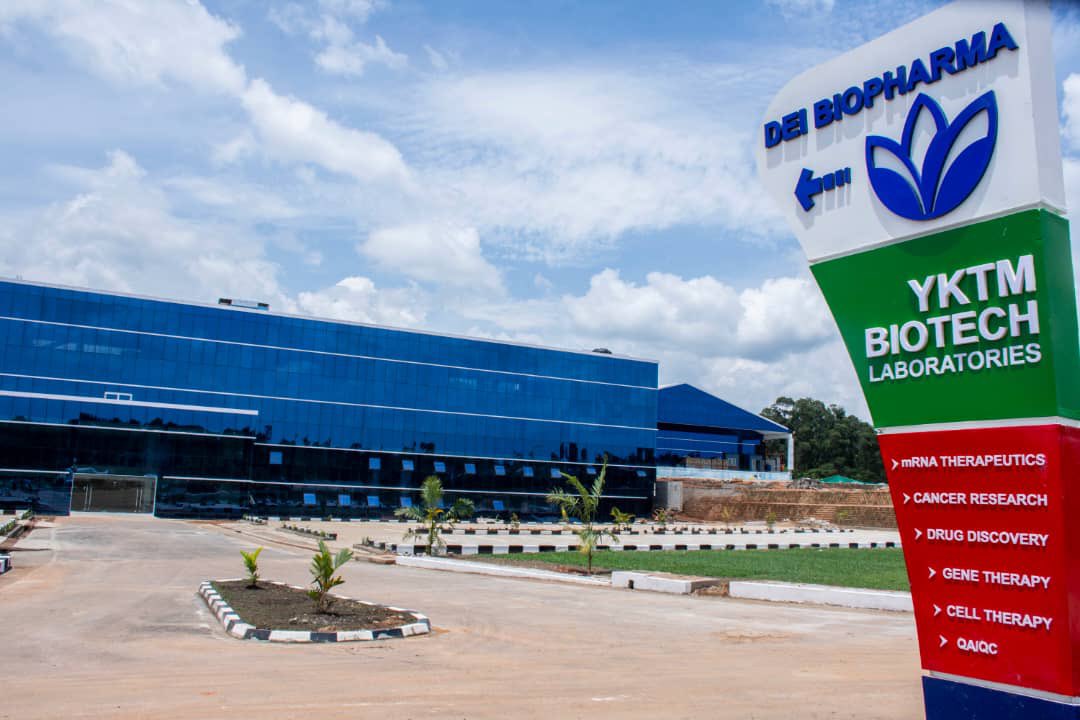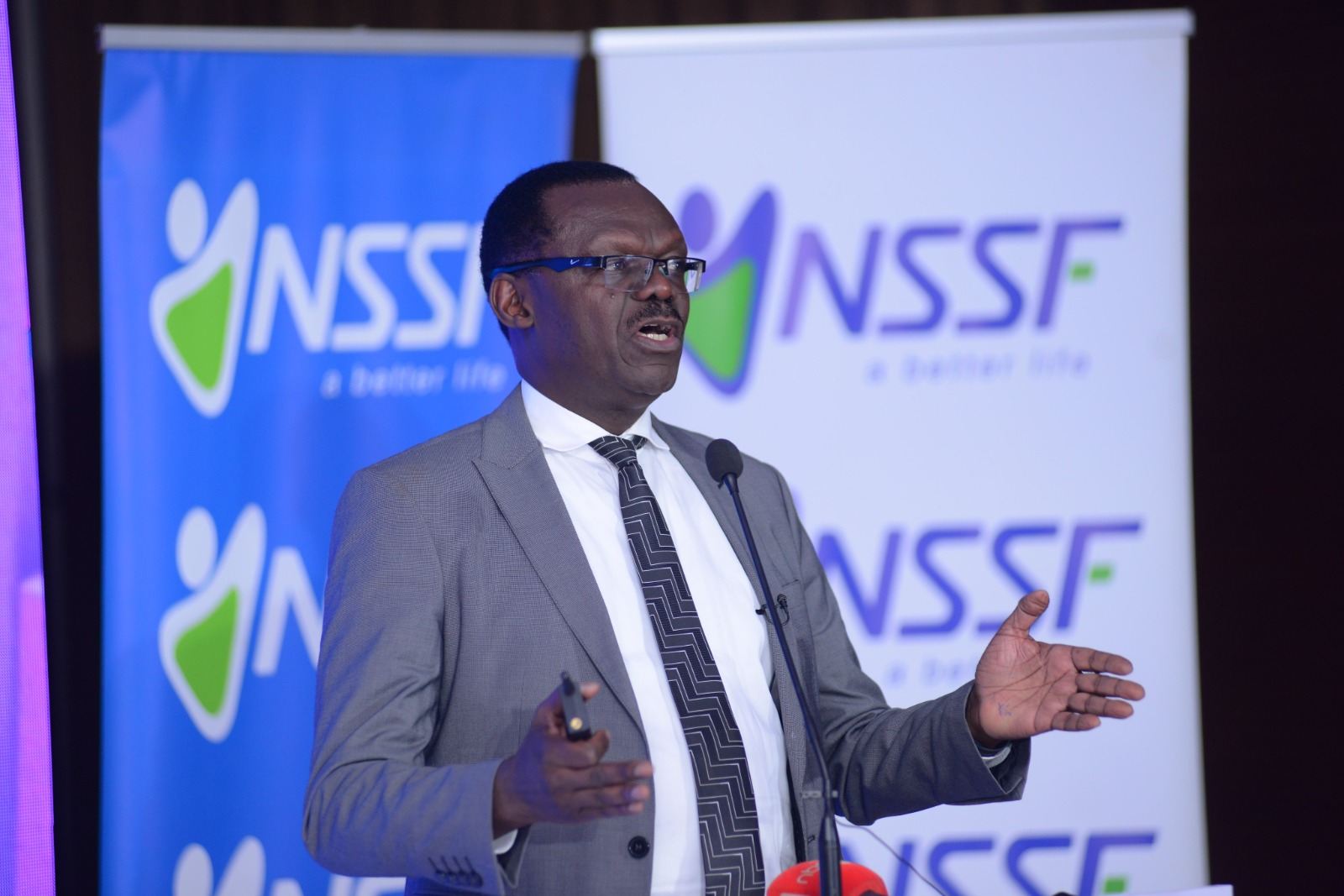Civil society asks government to realign budget towards economic recovery over Covid-19 pandemic
Civil Society organisations have asked government to realign the 2020/2021 financial year budget to address recovery of the economy hit hard by the Coronavirus pandemic.
Addressing a joint press conference on Friday, SEATINI, CSBAG, Uganda Debt Network commended government for efforts in drafting and approving the budget that was read recently but said it ought to be realigned to suit the current situation.
Keep Reading
“We call upon the Ministry of Finance to expedite the process of budget realignment to meet Section 13 (5) of the Public Finance Management Act that requires the annual budgets to become effective on 1st July. This will help in ascertaining a pro-people budget that will be help to stimulate the economy and fast track the much-needed quick economic recovery,” Africa Kiiza, from SEATINI Uganda said.
He pointed out that well as many economies have been hit hard by the pandemic, Uganda has not been spared and this calls for efforts to ensure a recovery plan.
“Uganda’s projected economic growth was revised downwards to between 2.5%-3.5% for 2020/2021 by Bank of Uganda This is largely due to the negative effects by the measures imposed by government to curtail further spread of Covid-19. According to the Ministry of Finance, over 2.6 million Ugandans are projected to fall into poverty on the account of Covid-19 which increases the level of vulnerability of the citizens, with economic activities slowing down in the country.”
He explained that the various restrictions put in place to contain the deadly virus including the lockdown and trade restrictions have had diverse effects including creation of uncertainty on many businesses, cut down on cash flow, disrupted supply chains and also altered consumers’ purchases in terms of interests and intervals which he noted needs to be corrected.
“Uganda’s potential to generate the much-needed domestic revenue to finance its
development has been greatly affected. We are concerned that the projected shs 21.7 trillion both tax and non- tax revenue may not be realized by URA whereas the country’s largest foreign exchange earner, tourism has suffered tremendously in addition to limiting the functionality of taxable economic activities in the country,” said Magara Siraji from CSBAG.
He explained that in the event the pandemic persists for the next six months, it is estimated that about 3.8 million workers would lose their jobs in the business sector temporarily whereas 0.6 million would lose their employment permanently.
According to Michael Mugisha from the Uganda Debt Network, with decline in domestic revenue mobilization, the country’s debt burden is set to worsen.
“The country may be left with no option but to borrow to finance our government’s fiscal deficit. This comes with its associated negative effects like accumulation of the country public debt stock which has been on an upward trend,”Mugisha said.
He cited the national debt which has increased by 15.8% from $12.55 billion (shs46.36 trillion) at the end
of June 2019 to shs53.697 trillion.
“Interest payment on debt has equally increased as a proportion of the national budget from shs 3,145.20 billion (9.6%) in the year 2019/20 to shs 4,086.5 billion (11.3%) in 2020/2021.”
Advice
The civil society organisations asked government to review its budgetary allocations along nine strategic areas of focus and 14 production lines, with special focus on production aspects.
“Government should prioritize clearance of domestic arrears and this will cushion private sector
businesses (suppliers) that are already struggling to overcome Covid-19 effects. This will in turn boost private sector activities and reduce risks associated with expensive credit arising from high interest rates businesses will resort to,” SEATINI Uganda’s Africa Kiiza said.
“Government should design micro credit facilities with Uganda Micro Finance Centre to support the
informal sector and tailor support for market women and men. We propose shs500 billion to be given to the Microfinance Support Centre.”
Magara Siragi from CSBAG urged government to ensure full operationalization of the contingencies fund as provided for in Section 26 of the 2015 Public Finance Management Act so that efforts to avert risk and manage disasters are adequately funded,” Magara noted.
The civil society organisations also asked government to invest in provision of subsidized high-quality agricultural inputs including fertilisers and pesticides to farmers as a way of ensuring improved food security.
“There should be a special package to retool and stimulate youth and women employment. Ministry of gender should in addition to existing interventions step up women empowerment schemes by earmarking financial resources for women and girls to boost their businesses that have since collapsed or stressed.”


















